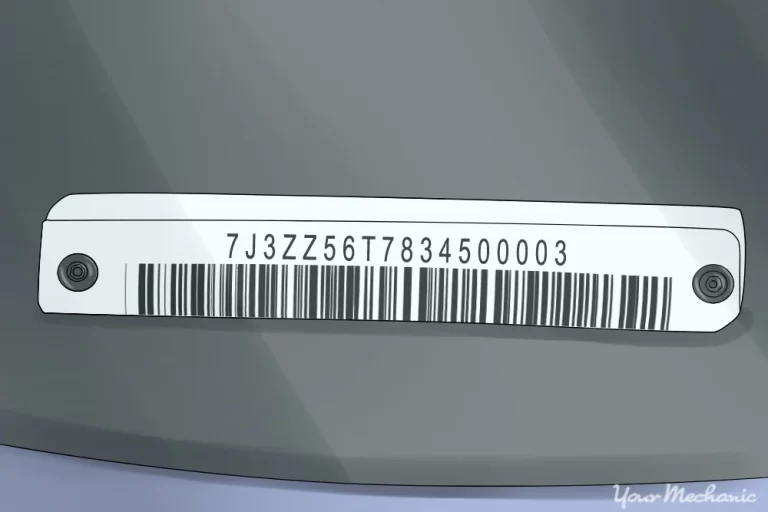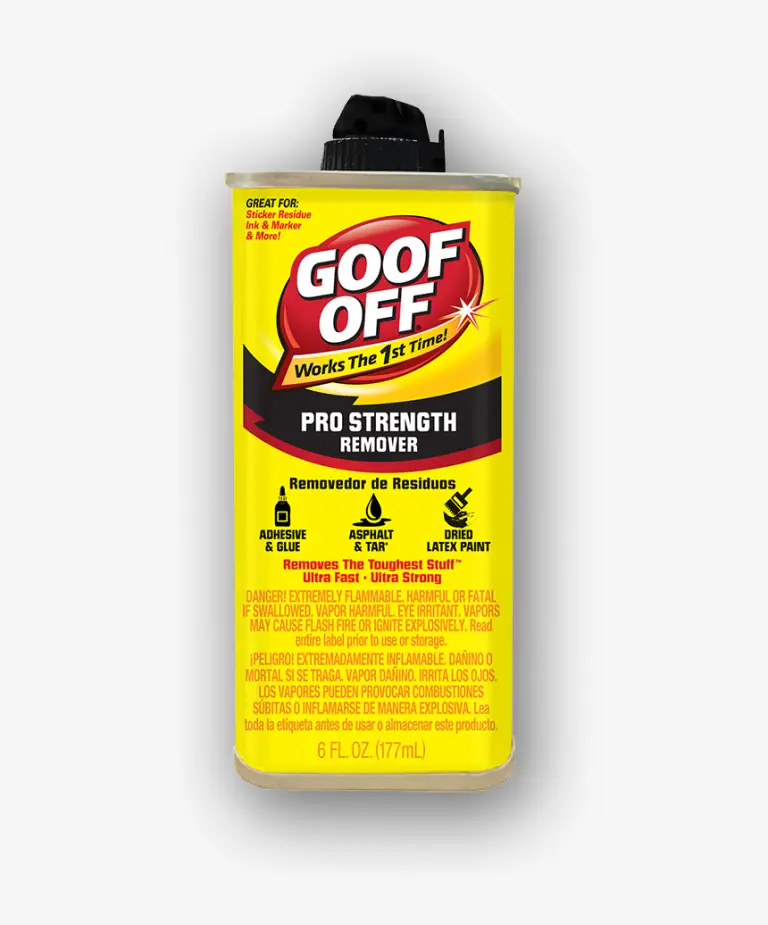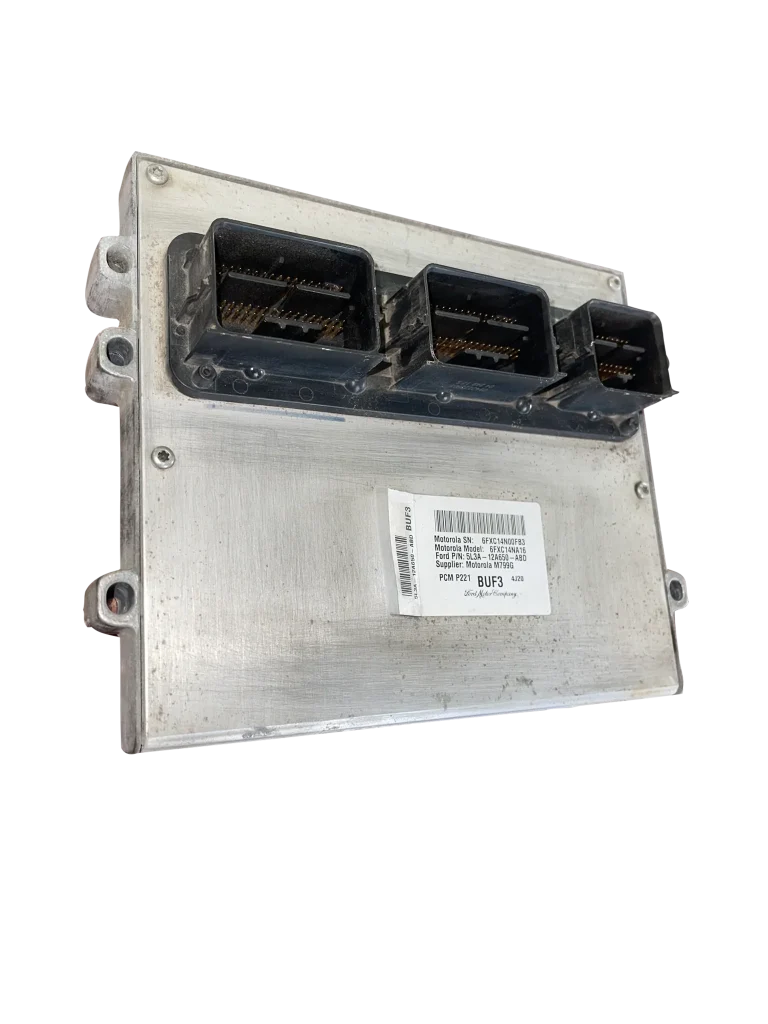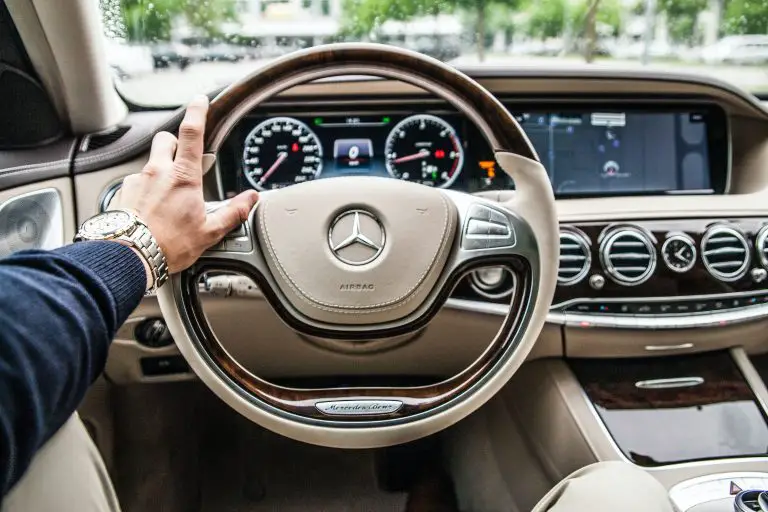What Happens When an Alternator Goes Out While Driving?
Your car isn’t going very fast if you have an electrical problem.
If you don’t have your car’s battery charged, you won’t be able to start it, which means you’ll need a tow to the mechanic.
During normal use, the battery will die if you have a dead alternator. A lot of people don’t know that their car won’t start because their alternator has blown.
If you are like most people in this situation, you will want to jump the car battery. Your battery won’t charge when the car is running if the alternator is broken, so guess what?
A dead battery again. That’s no fun.
Before jumping your battery again, or doing what many people end up doing, and then getting a new battery, you need to figure out if your alternator is broken.
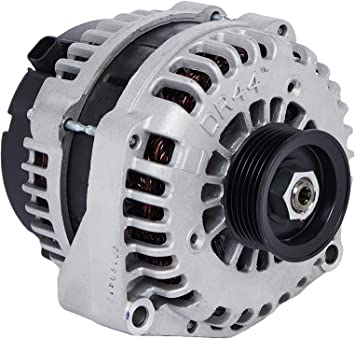
What Is The Purpose Of Alternator?
If you think about it, your car requires a lot of power. Most of us don’t take for granted our headlights, dash lights, charging ports, and engine starting.
It is easy to assume that the battery is providing this power and be done with it, but that is not the case.
Car batteries can have a lot of capacity, but they need to be charged as well, which is exactly what the alternator does.
Potential energy is stored in your battery via a spinning pulley and is translated into mechanical energy by your alternator.
This energy is used to make sure that your battery is always full and that you have enough energy to start your car and run your equipment.
No one wants to have a dead battery and a stalling car, but that is what will happen if you don’t have a working alternator.
Sometimes it can be hard to tell the difference between a bad battery and a good one, so we need to work our way through that first.
Risks of Driving with a Bad Alternator
Several risks can be posed by driving with a bad alternator. A bad alternator is anyone that doesn’t charge the battery fully.
The average car battery is 12volts, while most alternators produce over 14 volts to make sure the battery stays charged.
All of the electronic systems on your car depend on your battery running. Without that battery being charged, you are dead in the water.
Can Drain Your Battery
A bad battery will cause a vehicle to not start or run, and a bad alternator will cause a discharged battery.
The purpose of the Alternators is to maintain a battery charge, not to replenish a dead battery.
Maintaining a consistent charge on your battery is what your alternator is tasked with.
It is not a good idea to drain the car’s battery. It will not kill you having it happen once. The worse your battery will be if you do it more often.
The battery can be destroyed completely through irreversible sulfation.
Damage Your Engine
There are electric water pumps in newer cars that present an even greater danger if the alternator fails.
If your water pump fails and the car miraculously keeps going, you will do serious damage to the engine. The power steering in some vehicles is powered by electricity.
Without the power steering pump, steering can be a real workout. There are electric fuel pumps on new cars. If the motor stops, so does the fuel pump.
The same goes for the beginning. There is no spark, no go-go. When the engine stops, the steering will become very stiff, even if you have power steering.
A power brake booster with what it needs to help stop the car you’re suddenly having trouble steering will not be provided by a running engine. This is a really bad combination.
Lose Control While Driving
If your car runs out of juice while you’re driving, it’s probably not going to end well, considering how your power steering is linked to a working battery.
How to Identify If It’s the Battery or the Alternator?
It is very easy to get the battery. They can drive your car in different ways. It can be hard to tell the difference, so let’s look at the symptoms of each.
It’s important to keep in mind that your battery can go dead if the alternator blows. The battery is being charged by the alternator.
The battery will also die if it dies. A bad battery doesn’t mean you have one.
Signs Of Battery
I’m a bit skeptical when someone comes into my shop and tells me that their car’s alternator is dead.
The average car battery is only rated to last between 3 and 5 years, whereas the alternator is only rated to last between 7 and 10 years.
I think it’s probably your battery, but it’s still worth checking if you’re still trying to figure out if it’s your alternator or battery.
Dim Headlights
Your car’s electrical components, including your headlights, are powered by your car’s battery. Weak headlights are one of the first signs that your battery is about to die.
If you notice that it is harder to see one night, pay attention. It’s a good sign that your battery is out.
Trouble Starting The Car
As your battery gets closer to the end of its life, it will be hard for it to send current to the starter solenoid.
The clicking sound comes from the starter receiving an insufficient current because the battery struggles to send current.
Slow Engine Crank
Is your engine cranking slower than it normally does? If you notice your engine isn’t jumping to start as quickly as you’d like, take notice, because your battery is probably on the way out
Battery Warning Light
Isn’t that correct? I don’t think I need to explain anything further. For a reason, those damn lights are there.
Your Battery Is Old!
The standard car battery can last between 3-6 years, but it can last even less in harsh conditions.
If you can’t remember when your battery was changed, it might be worth checking it out.
Signs Of Alternator
Dim lights, not just your headlights at night, but also your dash lights and navigation lights, are what you need to look out for.
If your lights are dim at night, you should pay attention. Are they flickering if they are? There are several telltale signs that your alternator is about to bite.
When you see your lights flickering or dim, pay attention to the light’s intensity.
I would personally recommend that you take your car to a mechanic if you can because that is about as sure of a sign as you can get. But it’s not the only one.
Check Engine Light
A check engine light can be several things, but it can also be a battery light or a check engine light.
Grinding Noises
There are several internal gears and bearings inside of your alternator. As these wear out, they can make a grinding sound that is similar to a grain being milled.
Electrical Issues
Try out the power seats or mirrors. If they are slow to operate, there is an issue with your electrical system which may be caused by a broken alternator.
Stalled Engine
If your engine stalls, there is a good chance you have an electrical problem.
Your engine sucks up an enormous amount of power, and without the charging of your battery, you can quickly lose its life.
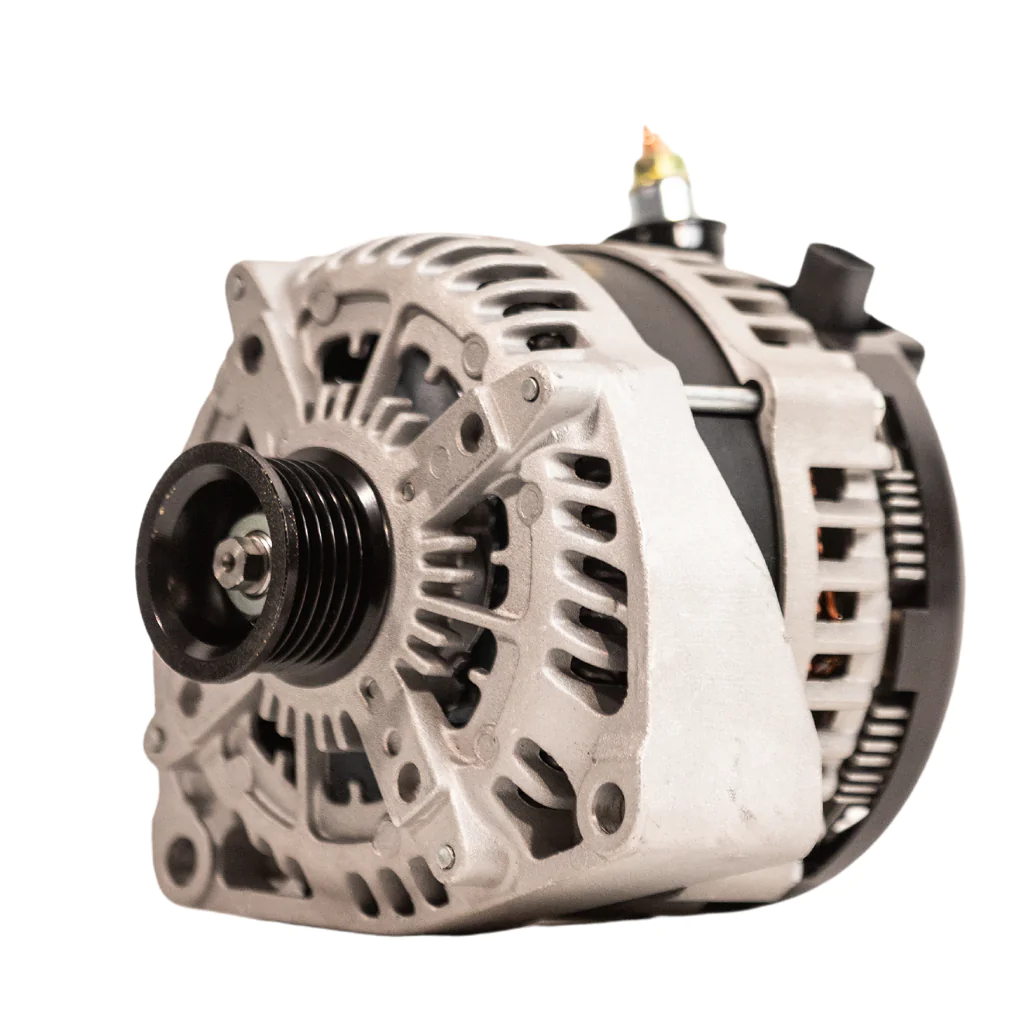
Dead Battery
Your engine sucks power out of your battery faster than I suck down a Chick-Fil-A Cookies & Cream shake.
Your alternator is responsible for charging that bad boy, so if you don’t have a working one, you can tank your battery very quickly.
Take your car to a mechanic if you see any of these symptoms or a combination of them.
It’s only a matter of time until your car strands you because of an alternator repair if you ignore it.

Truck driver by profession, automotive lover by heart. Ricky is the main publisher and editor at Truckile.com sharing his life-long knowledge and experience in the auto industry and truck driving!

